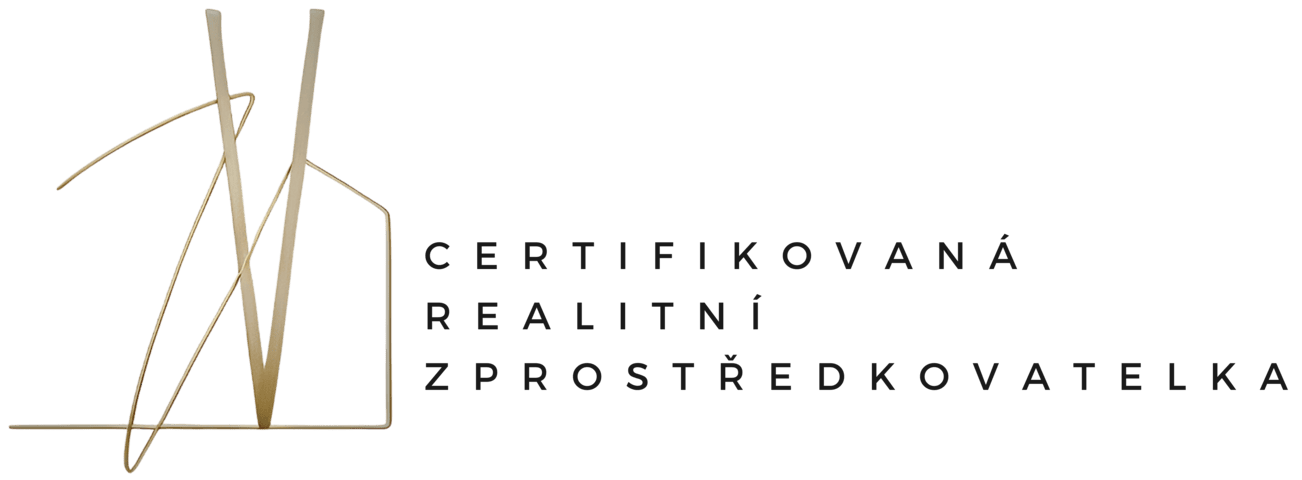Thinking about buying property in the Czech Republic? Here’s what you should know (or at least – I think you should know).
The Czech Republic is attracting more and more international interest – not only as a travel destination, but also as a place to live, invest, or simply enjoy a second home. With its rich culture, central location in Europe, and real estate prices that are still significantly more accessible than in many other countries, it’s easy to see why.
But what seems simple at first glance can quickly turn into a puzzle for foreigners later.
Real estate here follows a very specific legal structure, often shaped by historical property ownership, detailed registry systems, and layers of bureaucracy that can be confusing if you’re not used to them. Add to that the Czech language – which isn’t exactly known for being intuitive to outsiders – and suddenly, buying a flat in Prague or a cottage in the countryside becomes a complex journey.
That’s where the right guidance becomes invaluable.
And have someone who knows how important it is to translate not just the language – but the logic of how things work here.
For example:
What is a List vlastnictví?
What is the role of the Katastrální úřad?
What does PENB really mean – and why should you care?
Okey, more about that you can find in my article: Glossary of key terms for the Czech real estate market.
https://veronikavlasakova.cz/wp-admin/post.php?post=2639&action=edit
BUT:
What makes the Czech real estate system unique?
At its core, the Czech market is very structured and document-driven. Each property is linked to a detailed registry entry, which includes ownership records, size, location, boundaries, and any legal encumbrances such as mortgages or easements. Every sale or rental needs to comply with specific rules – including mandatory documents like the Energy Performance Certificate (PENB), which many foreign buyers are unaware of.
This creates a level of legal security, which is great – but it also means you have to respect every step of the process carefully. Skipping one signature, or misreading a document, can cause delays or complications that are hard to undo.
And while Czech law does allow foreigners to buy property, there’s still a difference between having the legal right and knowing how to do it right.
How I work with international clients
My goal is to make this process understandable, smooth, and human. I believe that real estate isn’t just about contracts and square meters – it’s about people, intentions, and transitions. Whether you’re moving here permanently, buying for investment, or looking for a place to escape the city once in a while, I’ll make sure the process makes sense, feels safe, and reflects your needs.
I speak both the legal language and the emotional one – and I enjoy bridging those two worlds.

So if you’re thinking about buying in the Czech Republic – and want someone to help you navigate the market with care, clarity, and local insight feel free to get in touch with me.
I’ll be happy to help you understand what to expect from the Czech real estate market and what to look for and, if needed, connect you with trusted professionals to ensure the entire purchase process runs smoothly from start to finish.

Veronika – your Czech real estate agent
